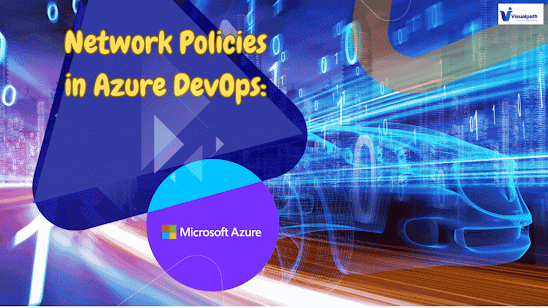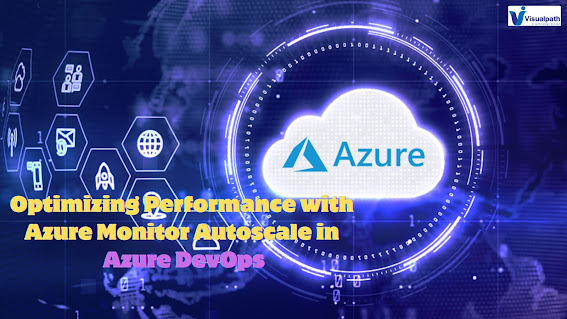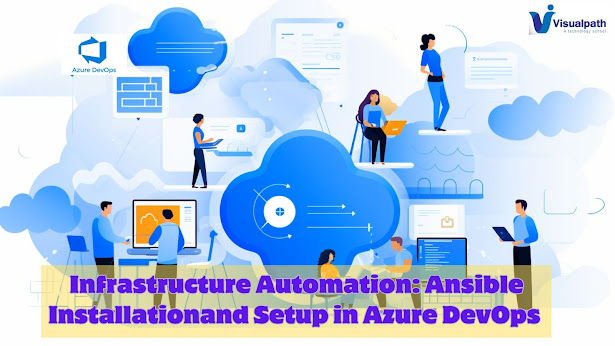Network Policies in Azure DevOps: Azure and Calico

Network policies are essential for securing and managing traffic within and between Kubernetes clusters. In the context of Azure DevOps , implementing effective network policies ensures that microservices can communicate securely and efficiently. Two prominent tools for managing network policies in Azure Kubernetes Service (AKS) are Azure-native network policies and Calico. Microsoft Azure DevOps Online Training Azure Network Policies Azure network policies are integrated into Azure Kubernetes Service (AKS), allowing for the control of traffic at the IP address level within the cluster. Key Features: Integration with Azure: Azure network policies leverage Azure's networking stack, providing seamless integration and simplified management within the Azure ecosystem. Azure DevOps Training Security: These policies enable fine-grained control over pod communication, enhancing security by restricting unauthorized access. Ease of Use: Azure network policies are easy...
.jpg)

.jpg)


